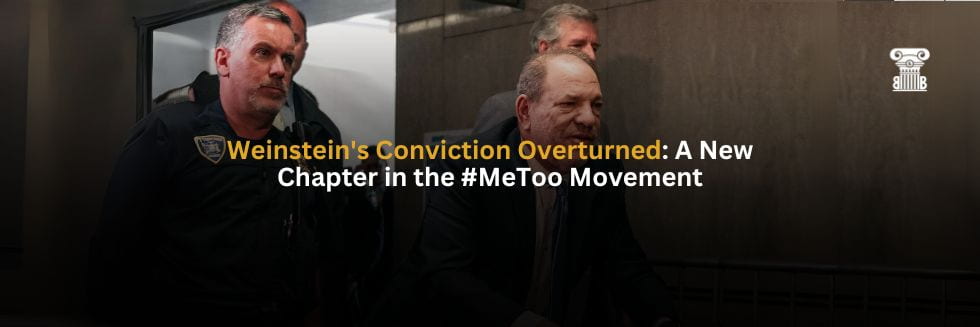In 2017, the world was shaken by revelations published in The New York Times detailing allegations of sexual harassment and abuse against film producer Harvey Weinstein. This exposé sparked the global #MeToo movement, leading to Weinstein’s conviction in New York for sexually assaulting a production assistant in 2006 and raping an aspiring actress in 2013. However, a recent ruling by the New York Court of Appeals has overturned Weinstein’s 2020 conviction, citing procedural errors and the controversial inclusion of “Molineux Witnesses”.
Weinstein’s Case: A Timeline
The saga began in October 2017 when numerous women bravely stepped forward to accuse Weinstein of rape, sexual assault, and sexual abuse, as documented by The New York Times and The New Yorker. Following charges of rape and criminal sexual act, Weinstein turned himself in to the police in May 2018.
In February 2020, Weinstein was convicted of third-degree rape and first-degree criminal sexual act, leading to a 23-year prison sentence. In February 2023, a Los Angeles judge added another 16 years to Weinstein’s sentence for a separate conviction of rape and sexual assault, to be served consecutively after his New York sentence.
The 2024 Verdict: A Turning Point
On April 25, 2024, the New York State Court of Appeals, the state’s highest court, made a landmark decision, overturning Weinstein’s conviction on sex crimes. The court, in a 4-3 vote, ruled that Weinstein’s trial was unfair.
One key issue was the trial judge’s decision to allow testimony from women whose allegations were not directly related to the charges against Weinstein. As a result, the court ordered a new trial. Judge Jenny Rivera, representing the majority of the appeals court, stressed that the inclusion of testimony about uncharged sexual acts from individuals not involved in the initial accusations served no legitimate purpose and could potentially bias the jury.
Therefore, the New York Court of Appeals found it necessary to order a new trial due to prejudicial decisions made in the previous proceedings. Central to the case were the testimonies of women known as “Molineux witnesses” or “prior bad act witnesses,” who provided the main evidence against Weinstein.
Understanding Molineux Witnesses
The term “Molineux Witnesses” originates from the New York Court of Appeals’ legal proceedings in People v. Molineux (1991). This principle allows prosecutors to introduce evidence of a defendant’s past misconduct or crimes to demonstrate various factors such as motive, opportunity, intent, common scheme, plan, knowledge, or the absence of mistake or identity. A Molineux witness is someone who can testify about the defendant’s past criminal actions that have not resulted in formal charges.






